Author: Will Lovell
Taking its name from the southwest German town where it was originally cultivated, Tettnanger is one of the four noble hop varieties that’s prized for the floral, herbal, and spice characteristics it contributes to beer.
Alpha: 2.5 – 5.5%
Beta: 3.0 – 5.0%
Cohumulone: 22 – 28% of alpha acids
Total Oil: 0.5 – 0.9 mL / 100g
Myrcene: 20 – 35%
Humulene: 22 – 32%
Caryophyllene: 6 – 11%
Farnesene: 16 – 24%
Linalool: > 1%
Geraniol: > 1%
ß-Pinene: > 1%
Parentage: German landrace variety
I’ve used Tettnanger many times over the years and have come to apricate the delicate blend of noble characteristics it contributes to beer. Having run Tettnanger through The Hop Chronicles twice in a single-hop Pale Ale, I was curious to see what tasters would think of a pale lager that relied on a smaller amount of this classic variety.
| MAKING THE BEER |
I went with our standard Hop Chronicles pale lager recipe for this batch, making adjustments to the kettle hop additions to keep the bitterness in check.
Tettnanger Pale Lager
Recipe Details
| Batch Size | Boil Time | IBU | SRM | Est. OG | Est. FG | ABV |
|---|---|---|---|---|---|---|
| 5.5 gal | 60 min | 20 | 3.2 SRM | 1.05 | 1.008 | 5.51 % |
| Actuals | 1.05 | 1.008 | 5.51 % | |||
Fermentables
| Name | Amount | % |
|---|---|---|
| Pilsner Malt | 11 lbs | 100 |
Hops
| Name | Amount | Time | Use | Form | Alpha % |
|---|---|---|---|---|---|
| Tettnang | 65 g | 60 min | Boil | Pellet | 2.2 |
| Tettnang | 10 g | 30 min | Boil | Pellet | 2.2 |
| Tettnang | 10 g | 5 min | Boil | Pellet | 2.2 |
Yeast
| Name | Lab | Attenuation | Temperature |
|---|---|---|---|
| Global (L13) | Imperial Yeast | 77% | 32°F - 32°F |
Notes
| Water Profile Ca 60 | Mg 0| Na 0 | SO4 77 | Cl 50 |
Download
| Download this recipe's BeerXML file |
The night prior to brewing, I collected the full volume of RO water, which I adjusted to my desired profile before weighing out and milling the grain.
When the water was properly heated the next morning, I incorporated the grains then set my Delta Brewing Systems AIO controller to maintain my desired 152°F/67°C mash temperature.
During the mash rest, I prepared the kettle hop additions.
Once the 60 minute mash was complete, I removed the grains and proceeded to boil for 60 minutes, adding hops at the times stated in the recipe.
When the boil was complete, I quickly chilled the wort then transferred it to a sanitized Kegmenter before taking a refractometer reading showing the wort was at my target OG.
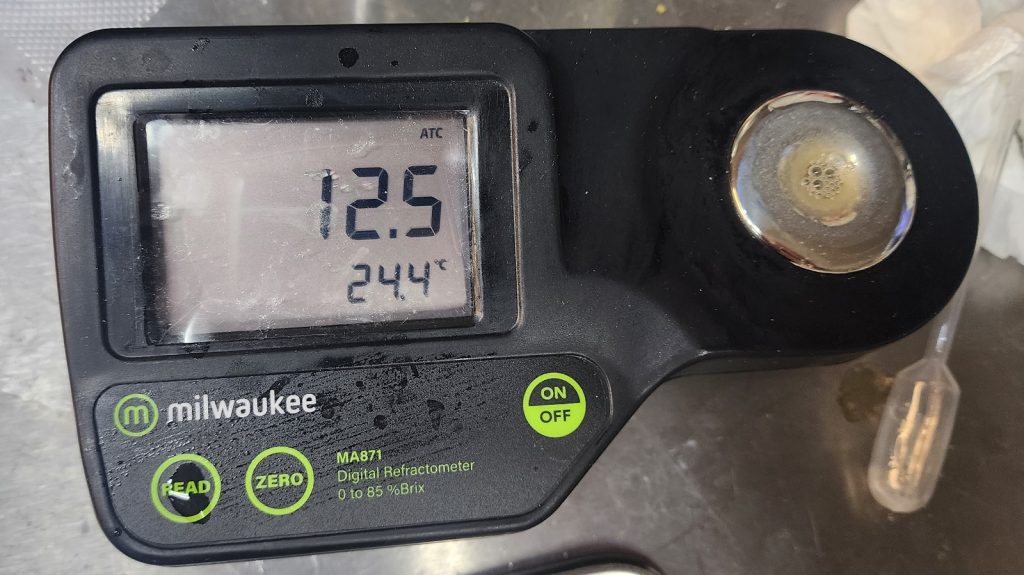
After transferring the wort to a sanitized fermented, I direct pitched a single pouch of Imperial Yeast L13 Global.
The beer was left to ferment at 64°F/17°C for a week before I took a hydrometer measurement confirming FG was reached.
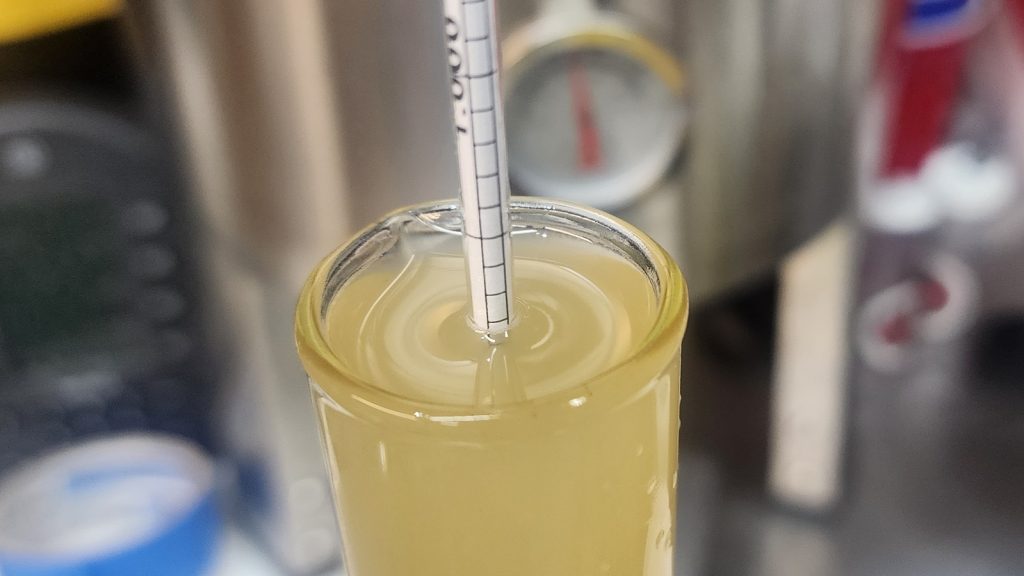
With fermentation complete, I cold crashed the beer then pressure-transferred it to a CO2 purged keg, which was placed in my kegerator and burst carbonated overnight before the gas was reduced to serving pressure. After a couple weeks of conditioning, it was ready to serve to blind tasters.
| METHOD |
Participants were instructed to focus only on the aromatic qualities of the beer before evaluating the flavor. For each aroma and flavor descriptor, tasters were asked to write-in the perceived strength of that particular characteristic on a 0-9 scale where a rating of 0 meant they did not perceive the character at all and a 9 rating meant the character was extremely strong. Once the data was collected, the average rating of each aroma and flavor descriptor was compiled and analyzed.
| RESULTS |
A total of 20 people participated in the evaluation of this beer, all blind to the hop variety used until after they completed the survey. The average aroma and flavor ratings for each descriptor were plotted on a radar graph.
Average Ratings of Aroma and Flavor Perceptions
The 3 characteristics endorsed as being most prominent by participants:
| Aroma | Flavor |
| Spicy/Herbal | Citrus |
| Earthy/Woody | Apple/Pear |
| Pine | Spicy/Herbal |
The 3 characteristics endorsed as being least prominent by participants:
| Aroma | Flavor |
| Berry | Onion/Garlic |
| Onion/Garlic | Berry |
| Citrus | Dank/Catty |
Next, participants were asked to rate the pungency/strength of the hop.
Tasters were then instructed to identify beer styles they thought the hop would work well in.
Finally, participants were asked to rate how much they enjoyed the hop character on a 1 to 10 scale.
My Impressions: This beer smells and tastes exactly how I expect a single-hop Tettnanger pale lager to smell and taste– a pleasant blend of moderate noble spice and earthiness with a touch of floral. I absolutely loved drinking this beer!
| CONCLUSION |
As one of the four noble hop varieties, Tettnanger is known to contribute more delicate herbal, earthy, spicy, and floral notes to beer. While some have had success using Tettnanger as mid- or late-kettle addition in modern hoppier beers, it’s arguably most appropriate in lager styles like German Pils and Vienna Lager.
The most prominent aroma characteristics noted by people who evaluated a pale lager made solely with Tettnanger were spicy/herbal, earthy/woody, and pine, while citrus, apple/pear, and spicy/herbal were the highest rated flavor descriptors. Onion/garlic and berry were among the lowest rated characteristics. Unsurprisingly, the beer style most tasters felt Tettnanger would work well in was pale lager, though a smattering of other styles were also endorsed including IPA/APA, Blonde Ale, and Belgian Ale.
As a lover of simple lager beer, I’ve brewed with Tettnanger many times and this pale lager was right on with what I’ve come to expect from this novel variety. The blend of mild to moderately pungent spicy, floral, and earthy notes melded beautifully with the pilsner malt and clean fermentation character, making for an endlessly drinkable beer. Tettnanger is a hop variety I’ve always tried to keep on hand, and based on my experience with this Hop Chronicles beer, I’ve no plans to change that moving forward!
Tettnanger hops are available now at Yakima Valley Hops, get some while you can! If you have any thoughts on this variety, please feel free to share them in the comments section below.
Support Brülosophy In Style!
All designs are available in various colors and sizes on Amazon!
Follow Brülosophy on:
FACEBOOK | TWITTER | INSTAGRAM
If you enjoy this stuff and feel compelled to support Brulosophy.com, please check out the Support page for details on how you can very easily do so. Thanks!



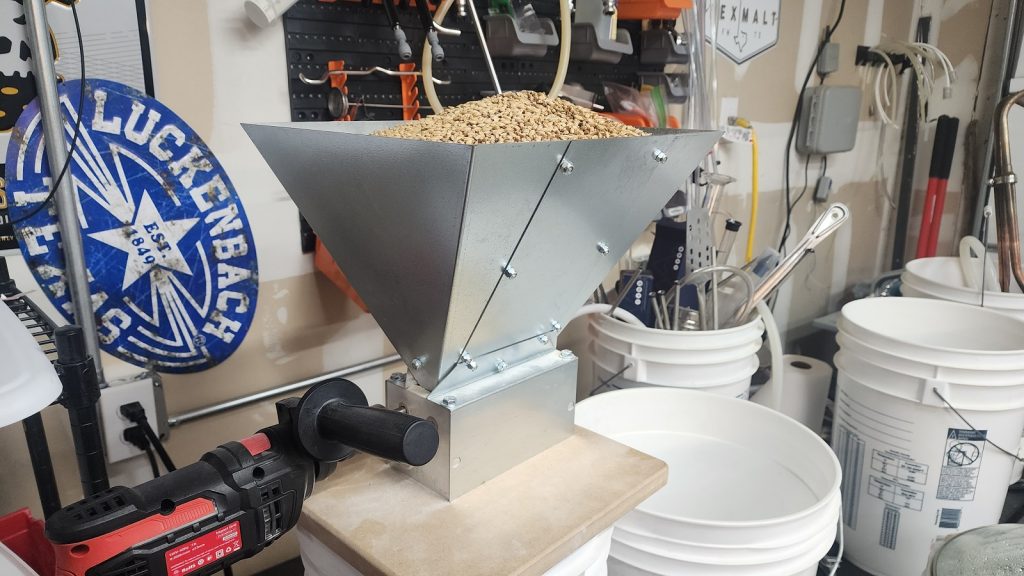
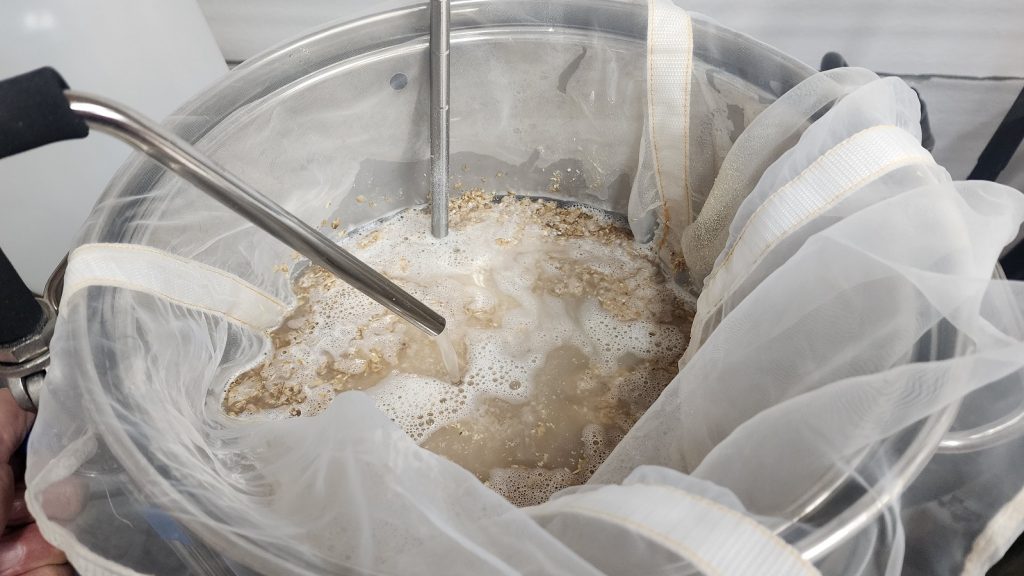
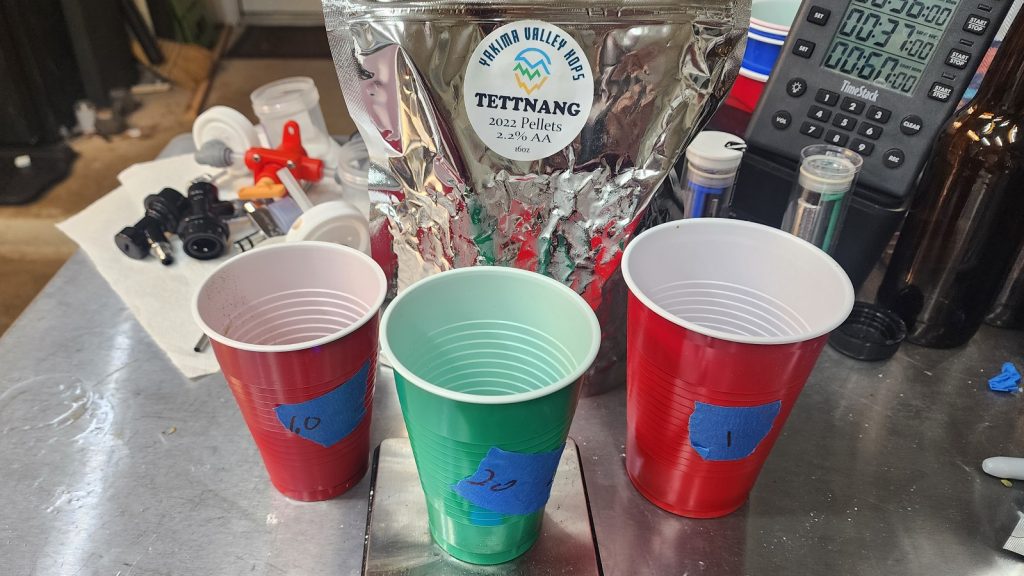
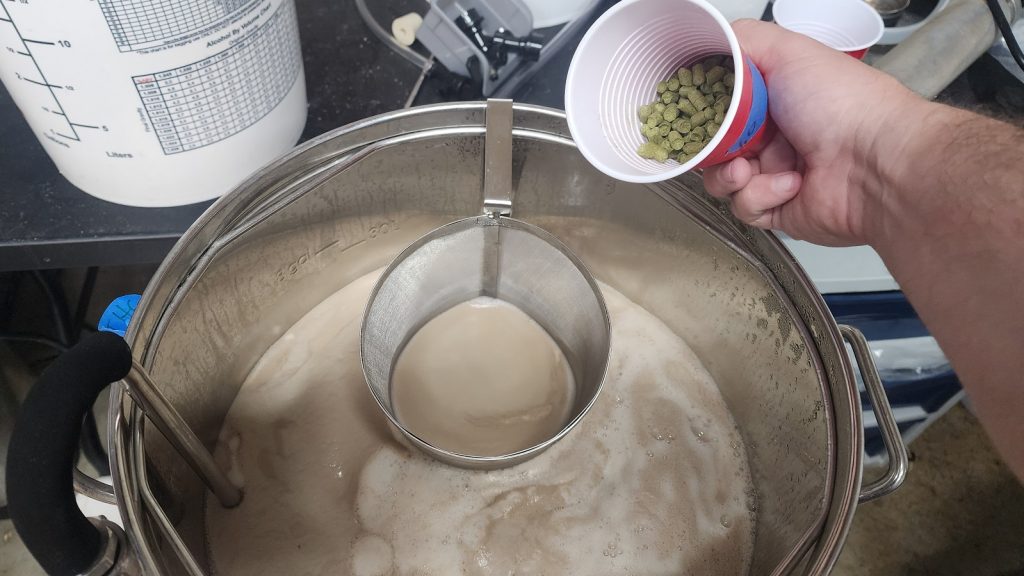
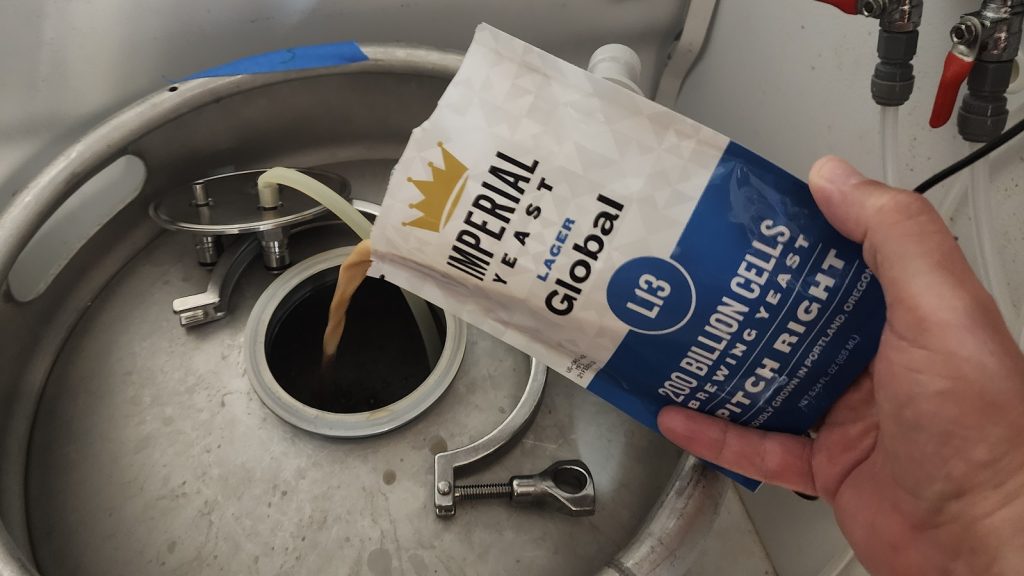
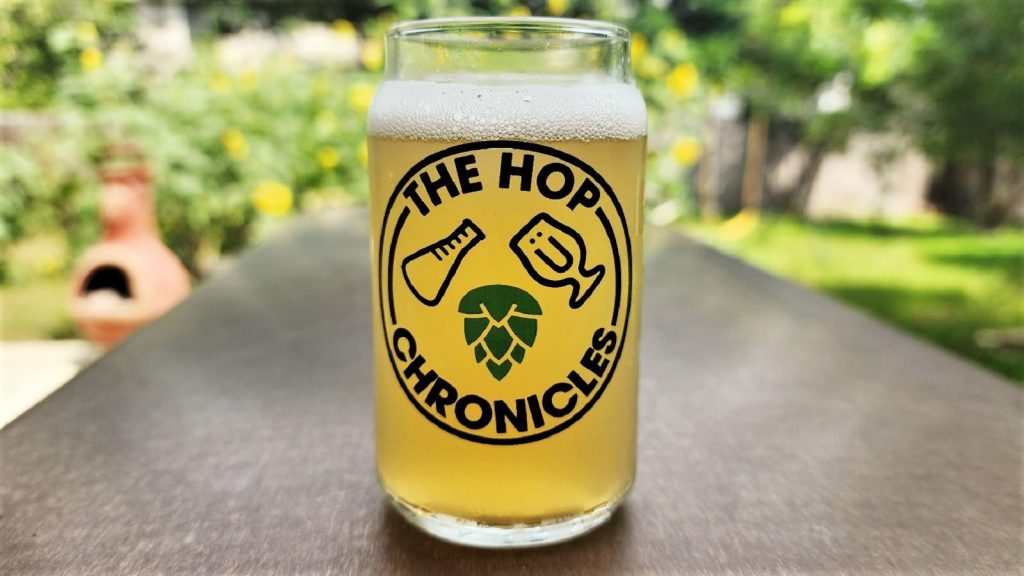

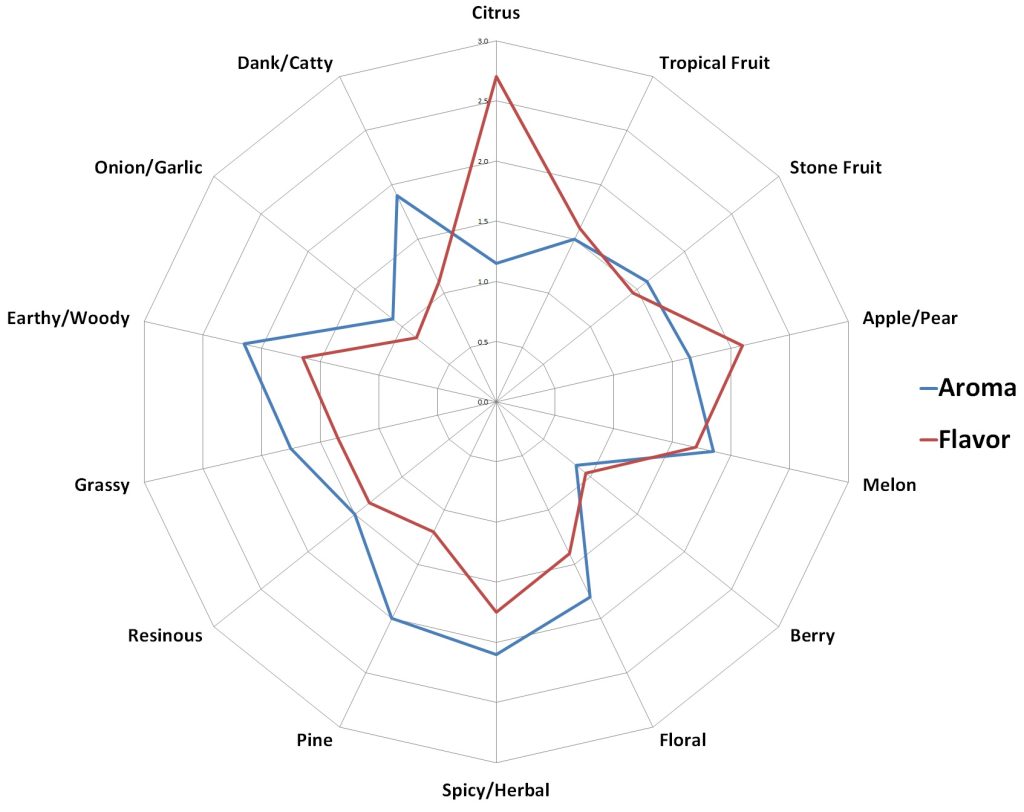
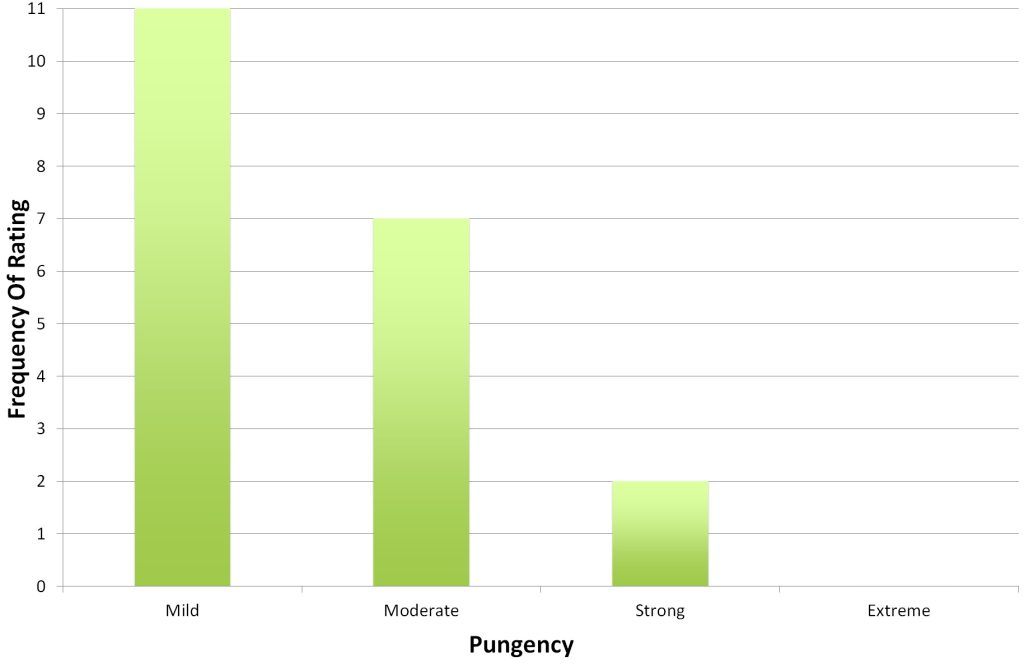
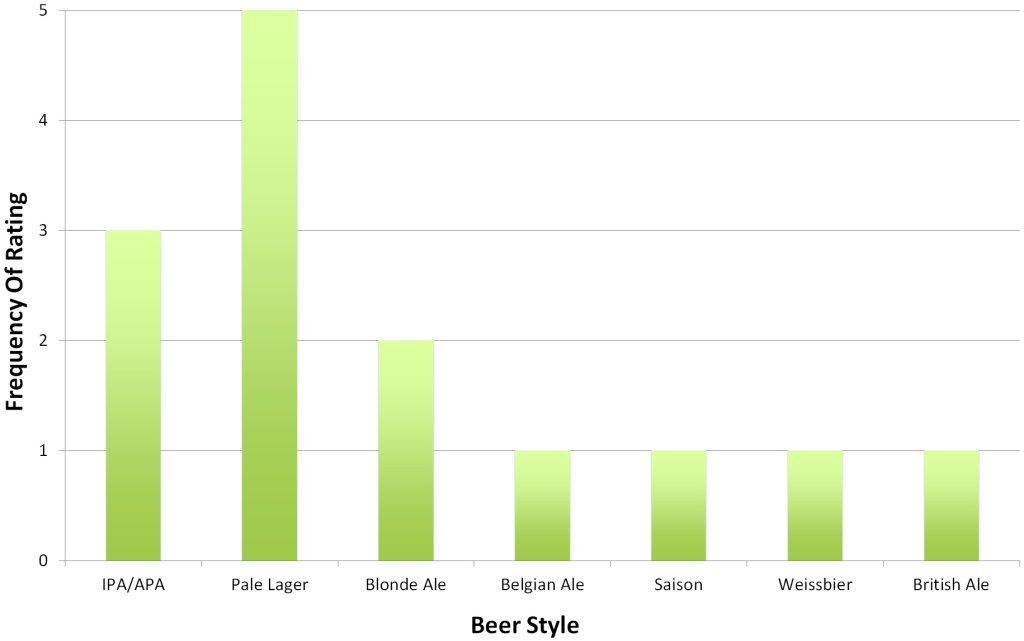
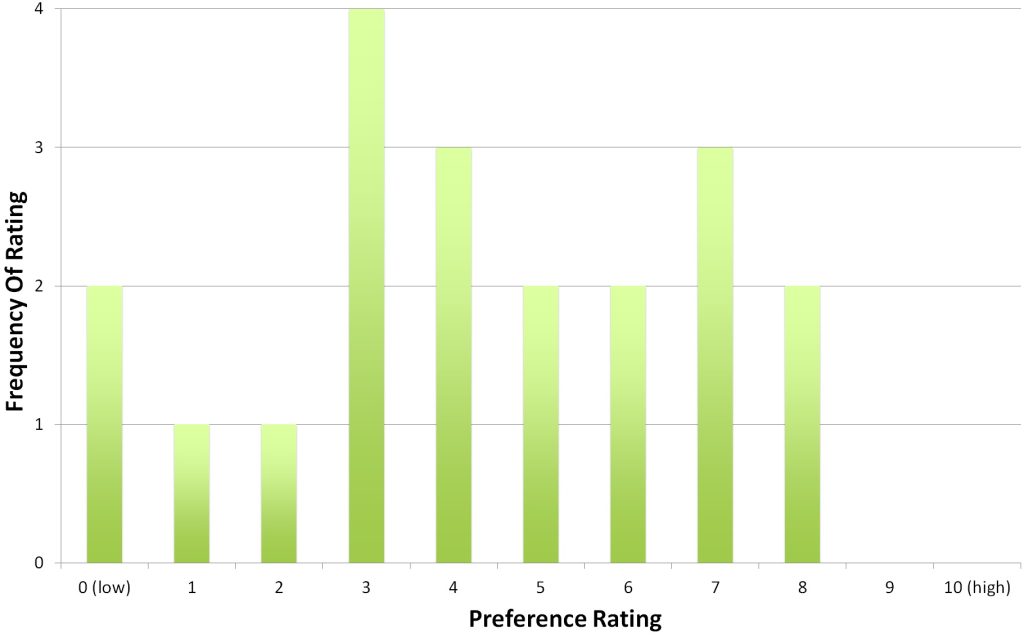








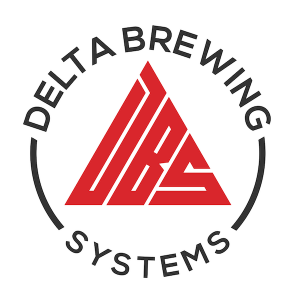


7 thoughts on “The Hop Chronicles | Tettnanger (2022) Pale Lager”
I’m curious as to why you fermented this experiment so high 10° above the range of the yeast?
Brulosophy has shown time and time again that Imperial Global can be fermented warm without a perceptible difference. It is a beast and can go up even warmer if you so choose. Try it out sometime!
Curious about the fermentation temp as well. Also, how fresh was the yeast? The Brewers Friend pitch calculator, set to the lowest lager (1.5), and @ 100% viability, comes out short by 187 billion cells based on your volume and gravity. Pitch rates always seem to confuse me. Would love your thoughts. Thanks.
Yeast was from a fresh Imperial Pitch Right pouch. Fermentation temps were around 64F, so plenty of cells!
I’m curiuos as to what commercial lagers use only Tett, vs. Saaz, vs. the other noble hops. Having a good reference point helps clarify the differences between each of the hops.
Is it still Hop Chronicles without the standard recipe? Have you done all the other hops and needed to loop back on this one a third time? 😉
But actually now I’m wondering, why do you think the blind tasters didn’t seem to like this beer very much? This beer looks like it would be super crushable, so I’m wondering why the preference ratings seem low.
Hop Chronicles has been split into two Recipes. The Pale Ale is still being done but may not be the most appropriate style for some hops, so now we have a Pale Lager recipe as well. As for preference, taste is highly subjective, so hard to say. It was a crush-able Pale Lager.